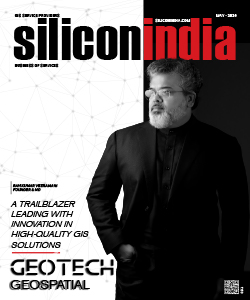India Trying To Use Strategic Projects As Bargaining Chip: Chinese Think-Tank
BEIJING: India is trying to trip China's 21st Century Maritime Silk Road as well as the Bangladesh-China-India-Myanmar and the China-Pakistan economic corridors but it will fail, a Chinese scholar said in comments published On 10th April, 2015.
Prime Minister Narendra Modi's visit to the three Indian Ocean countries of Seychelles, the Maldives and Sri Lanka showed that India "is determined to adopt an asymmetrical strategy", Liu Zongyi wrote in the Global Times.
This strategy, he said, was aimed at securing "a dominant position in the Indian Ocean through bolstering military and security cooperation with these island nations".
The author is an assistant research fellow of the Shanghai Institute for International Studies and a visiting fellow of the Chongyang Institute for Financial Studies in the Renmin University of China.
According to him, since China envisioned in 2013 the initiative of the Silk Road economic belt and the 21st Century Maritime Silk Road, known as "One Belt and One Road", India had been following it closely.
"With a strong sense of its sphere of influence, New Delhi rejects the 21st Century Maritime Silk Road as well as the Bangladesh-China-India-Myanmar economic corridor and the China-Pakistan economic corridor."
Liu said that some Indian strategists and those from the India military believed that Beijing had geopolitical goals for its "One Belt and One Road" project and do not want Indian Ocean countries to take part in it.
India first underlined that it has had interconnecting and interworking projects with its neighbors, especially Myanmar and Bangladesh, Liu wrote. "Then it proposed some countermeasures."
Also Read: Great News For Home Buyers: Real Estate Regulatory Bill To Put an End To Delays
Top 10 Big Data Companies That Will Boom In 2015

.jpg)

.jpg)